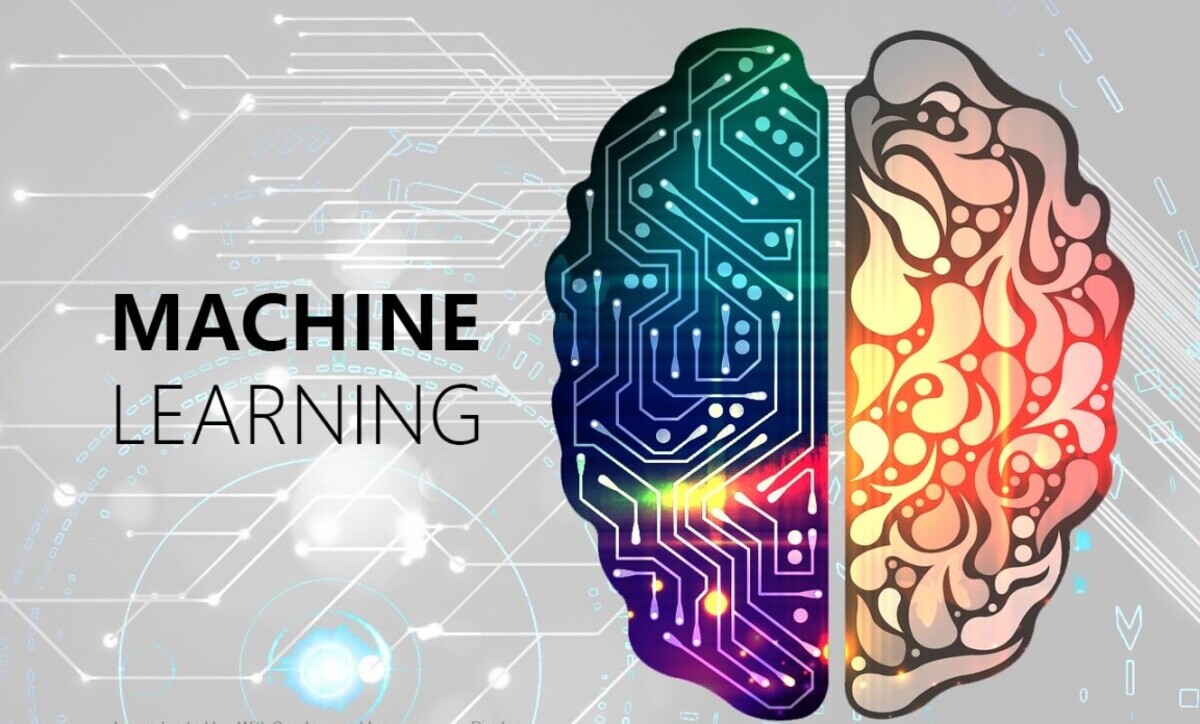How Quantum Computing is Transforming Grid Networks
Quantum computing is poised to reshape grid computing by introducing unparalleled computational power. Traditional grid networks rely on distributed classical computers to handle complex tasks, but quantum processors have the potential to accelerate problem-solving at an exponential rate. This shift is particularly significant for industries that require vast amounts of computing power, such as climate modeling, cryptography, and artificial intelligence.
Unlike classical computing, which processes information in binary states (0s and 1s), quantum computing operates using qubits. These units can exist in multiple states simultaneously, allowing computations to be performed in parallel rather than sequentially. When integrated into a grid computing framework, quantum technology could dramatically enhance data analysis, simulation accuracy, and optimization processes.
Several research institutions and technology companies are already exploring hybrid grid computing models that incorporate both classical and quantum resources. The goal is to develop a seamless infrastructure where quantum systems work alongside traditional computers, maximizing efficiency while overcoming computational bottlenecks.
Why Quantum Grid Computing Matters for Big Data
Big data processing is one of the primary beneficiaries of quantum-enhanced grid computing. Organizations generate vast amounts of data every day, from financial transactions to sensor readings in IoT networks. Analyzing this data efficiently requires significant processing power, something that traditional grid computing struggles to maintain as datasets continue to grow.
Quantum computing has the potential to change how large datasets are handled by improving pattern recognition and data correlation. This is particularly useful in machine learning applications, where identifying trends across billions of data points can take days or even weeks. With quantum integration, tasks that previously required extensive computational time could be completed almost instantaneously.
Another key advantage is the ability to solve optimization problems more effectively. Whether it’s supply chain logistics, traffic management, or financial forecasting, quantum algorithms can find the best solutions faster than classical computing methods. By merging quantum capabilities with distributed grid computing, businesses can make more informed decisions based on real-time data.
Overcoming the Challenges of Quantum Grid Integration
Despite its potential, integrating quantum computing into grid systems presents several challenges. One of the primary concerns is hardware compatibility. Quantum processors require highly controlled environments, such as extreme cooling, to maintain stability. This makes it difficult to deploy them in conventional data centers without significant infrastructure modifications.
Another challenge is algorithm development. Current software is designed for classical computing architectures, meaning new algorithms must be created to take full advantage of quantum properties. Researchers are actively working on developing quantum-compatible programming frameworks, but widespread adoption is still in its early stages.
Security is also a critical factor. Quantum computing has the power to break traditional encryption methods, raising concerns about data protection. However, it also introduces new cryptographic techniques, such as quantum key distribution, which could make communications more secure. Ensuring that grid computing networks can adapt to these security shifts will be essential for future development.
The Role of Quantum Entanglement in Distributed Computing
One of the most exciting possibilities of quantum computing in grid networks is the use of quantum entanglement. Entanglement allows qubits to be interconnected regardless of physical distance, enabling instantaneous communication between nodes. This could revolutionize distributed computing by eliminating latency and ensuring synchronized operations across a global network.
Currently, grid computing relies on traditional networking methods that introduce delays due to physical distance and data transmission limitations. Quantum entanglement, however, could allow for real-time data sharing between nodes, increasing the efficiency of collaborative computing. This advancement could be particularly valuable for scientific research, where distributed simulations require precise synchronization.
Developing stable entangled quantum networks remains a challenge, but ongoing research suggests that quantum internet technologies could become viable within the next decade. When combined with grid computing, this breakthrough would enable a new era of fast, interconnected computing networks.
Applications of Quantum Grid Computing in Scientific Research
Scientific research fields that require high-performance computing are likely to benefit the most from quantum-enhanced grid networks. For example, pharmaceutical companies use computational models to simulate molecular interactions, helping to discover new drugs. These simulations demand immense processing power, which quantum computing could significantly accelerate.
Climate modeling is another area that stands to gain. Predicting climate patterns requires processing an overwhelming number of variables, including ocean temperatures, atmospheric changes, and greenhouse gas levels. Quantum grid computing could improve accuracy in climate projections, aiding in the development of better environmental policies and disaster preparedness strategies.
Additionally, astrophysics researchers analyze massive datasets to study black holes, gravitational waves, and cosmic radiation. Traditional computing resources often struggle to process such vast amounts of data, but integrating quantum computing into grid networks could enhance simulations and analysis at an unprecedented scale.
Quantum Grid Computing and Artificial Intelligence
Artificial intelligence (AI) relies heavily on large-scale data processing and optimization algorithms, both of which could be improved through quantum-enhanced grid computing. AI models, particularly deep learning networks, require thousands of iterations to refine their predictions. With quantum processing, these training times could be drastically reduced.
One of the most promising aspects of quantum computing in AI is its ability to handle combinatorial problems. For example, AI-driven robotics often require real-time decision-making, considering multiple possible outcomes simultaneously. Quantum grid computing could make these calculations more efficient, improving autonomous systems in industries like healthcare, finance, and transportation.
Machine learning applications in cybersecurity could also benefit. Quantum-enhanced AI can analyze network traffic in real-time, identifying threats faster and with greater accuracy. This advancement could lead to more proactive and adaptive cybersecurity measures, strengthening defenses against evolving cyberattacks.
The Future of Quantum Grid Infrastructure
As quantum technology progresses, developing the necessary infrastructure to support its integration into grid computing becomes a top priority. One approach is the hybrid model, where quantum and classical computing resources work together to optimize efficiency. This model ensures that tasks requiring traditional computing remain on conventional systems while quantum resources are reserved for complex calculations.
Another important factor is the standardization of quantum computing protocols. Currently, various organizations are working on different quantum architectures, leading to potential compatibility issues. Establishing universal standards will be essential for seamless quantum grid computing adoption.
Government and private sector investments are accelerating the development of quantum computing, with major tech companies and research institutions collaborating to build quantum-ready infrastructure. As hardware stabilizes and software compatibility improves, quantum grid computing will transition from experimental research to real-world applications.
Addressing Ethical and Security Concerns
As with any emerging technology, ethical and security concerns must be addressed. Quantum computing has the potential to break current encryption standards, posing risks to sensitive data and national security. Developing quantum-resistant encryption methods will be crucial to mitigating these risks.
Additionally, the accessibility of quantum resources must be carefully managed. If only a few entities control quantum computing power, it could lead to monopolization and ethical concerns regarding data privacy and computational fairness. Establishing frameworks for responsible quantum computing usage will be an important step in ensuring equitable access.
Collaborations between governments, academia, and the private sector can help shape policies that promote secure and ethical quantum grid computing development. By balancing innovation with responsibility, society can fully harness the benefits of this groundbreaking technology.
Looking Ahead at the Quantum-Powered Future
Quantum grid computing represents the next frontier in distributed computing, promising unparalleled processing power and efficiency. While challenges remain in hardware development, security adaptation, and infrastructure standardization, the progress being made is undeniable.
As more industries recognize the potential of quantum-enhanced grid computing, investments and research will continue to drive innovation. The fusion of classical and quantum computing resources will unlock new possibilities, transforming fields like artificial intelligence, cybersecurity, and scientific discovery.
Embracing quantum computing as part of the grid computing ecosystem will lead to breakthroughs that were once thought impossible. The journey toward quantum-powered networks is just beginning, and the advancements in the coming years will redefine the capabilities of computing as we know it.



